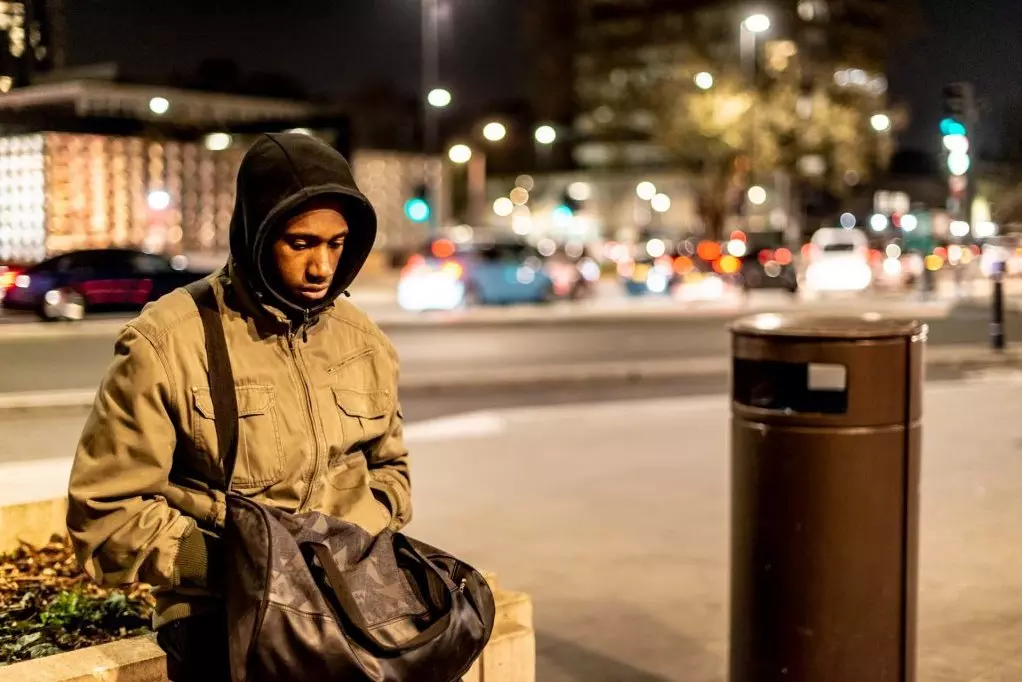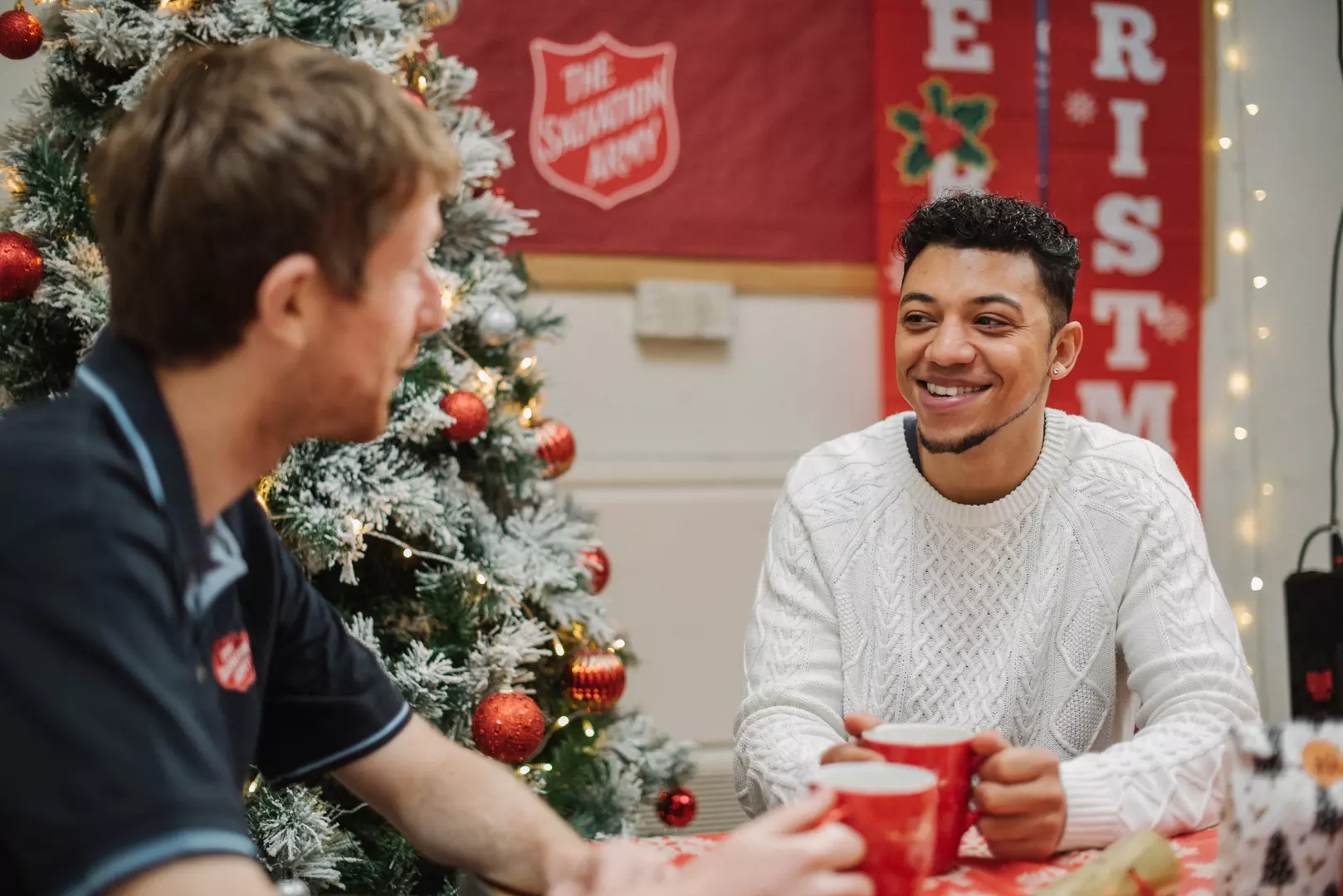Salvation Army warns of further deaths for rough sleepers this winter
published on 2 Dec 2021

The Salvation Army is warning that people risk dying on the streets this winter as the cold weather continues to bite.
The warning comes despite new Government figures for England and Wales showing a slight decrease in deaths of homeless people, including rough sleepers.
The ONS stats show a decrease of 11.6 per cent[1] fewer deaths, from 778 in 2019 to 688 in 2020 among homeless people. The ONS believe this isn’t statistically significant and emphasise that figures for 2020 were affected by the Everyone In Scheme, under which more than 37,000 people were housed in emergency accommodation from March 2020.
The ONS also state in this release that the Everyone In Scheme made it more difficult to identify homeless people and so the true figure may be higher.
As well as this, almost two in five deaths of homeless people were related to drug poisoning in 2020 (265 estimated deaths; 38.5% of the total number), consistent with previous years.
The Salvation Army is finding new ways of ensuring people are not forced to sleep on freezing streets as temperatures drop.
Many of the communal style shelters are still not Covid safe, but the Church and Charity has adapted its services to meet local need to provide a network of support across the country, including giving out hot meals, warm clothing, providing access to showers and a place to sleep, plus advice and other outreach services.
The Salvation Army's Director of Homelessness Services, Lorrita Johnson, said: “Living on the streets is no place for anyone and even more so as the cold weather bites. While Government figures show a slight decline in deaths during 2020 when the Everyone In scheme was in place, in a modern society, no-one should have to spend the night on the streets. Even one death on the street is significant and should be avoided.
“The Salvation Army is doing what it can to reach as many vulnerable street sleepers as possible: From taking hot food and support directly to the streets, running pop up accommodation or drop in centres, we are in communities across the UK looking for new ways to reach as many people forced to sleep on the streets over winter.
“Often the root causes of rough sleeping are complex from relationship breakdown, mental health issues, addiction or childhood trauma.
“These aren’t issues that can be tackled quickly and people will often need help and support for many years to ensure they never end up back living on the streets.”
Examples of The Salvation Army’s work includes:
In York, we have partnered with the local authority to develop self-contained and Covid-safe accommodation known as Nap Pads. These are ‘pop up’ self-contained units offering clean and warm shelter that monitors people sleeping inside, and alerts the authorities if the occupant stops breathing.
In Cardiff, we will go out on foot from 5.30pm to 8.30pm every evening to reach out to people who are homeless or in need. Access to rough sleeper accommodation and first aid, warm clothing, harm reduction advice, and chaplaincy and advocacy services will also be provided.
In Basildon, we will provide hot meals, access to a shower and signposting to other agencies for additional help. They are also hosting a meal on Christmas day (with social distancing and a booking system in place), which is run by a team of volunteers.
In Wisbech we will be offering hot meals for homeless and vulnerable people in the community from 6-7pm every Tuesday and Thursday.
Harnall Lifehouse in Coventry is offering emergency beds for rough sleepers, with social distancing measures in place.
The Salvation Army is also creating modular housing units for rough sleepers across the country with wraparound support to help people tackle the causes of their homelessness.
[1] ONS, Deaths of homeless people in England and Wales: 2020 registrations, access here: https://bit.ly/31iJ6q7
